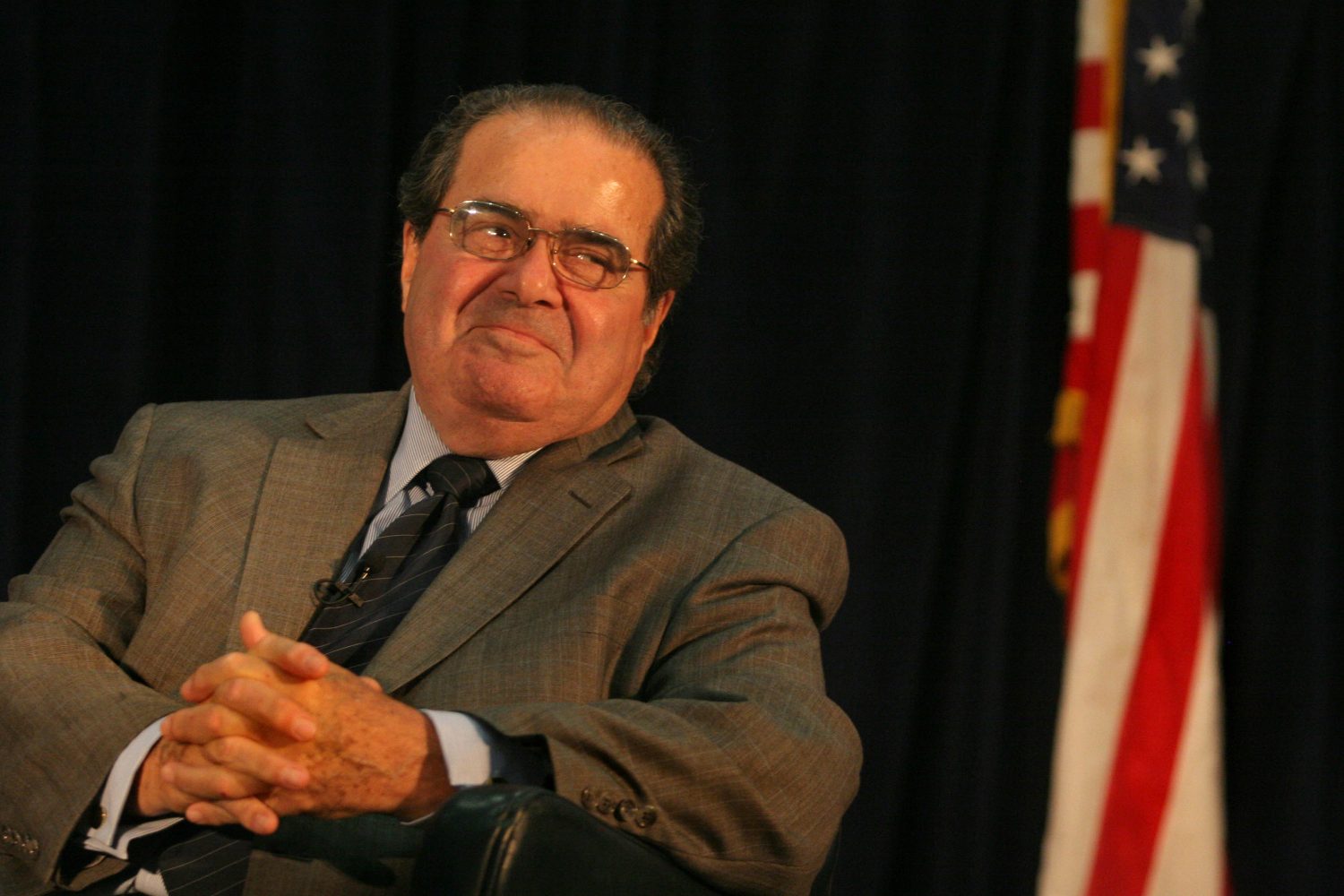Supreme Court Justice Antonin Scalia was found dead on the morning of Saturday, Feb. 13, having passed away in his sleep at the age of 79. Scalia served on the Supreme Court for 30 years and consistently voted as a strong conservative.
During his presidency, Ronald Regan nominated three Justices of the Supreme Court of the United States: Sandra Day O’Connor in 1981, Anthony Kennedy in 1988, and Antonin Scalia in 1986. Thirty years later, controversy is surrounding the nomination of a new Justice to replace Scalia following his death.
Historically, the President of the United States nominates Supreme Court Justices as the need arises during their presidency, and those Justices are then confirmed by the Senate. Since Scalia’s death, the Republican-controlled Senate, led by Majority Leader Mitch McConnell (Rep.-KY), has threatened to block President Obama’s potential SCOTUS nomination and demanded that Obama’s successor, to be elected in November, makes the appointment.
“President Obama insists that he will nominate someone for the court. He certainly has the authority to do so. But let’s be clear — his nominee will be rejected by the Senate,” senator Pat Toomey (Rep.-PA) said in a Time Magazine article.
Democrats in the Senate consider this disgraceful behavior, arguing that Obama will remain in office until January 2017 and therefore must appoint a replacement for Scalia.
“By ignoring its constitutional mandate, the Senate would sabotage the highest court in the United States and aim a procedural missile at the foundation of our system of checks and balances,” Senate Minority Leader Harry Reid (Dem.-NV) said of Republican threats.
According to Article Two of the United States Constitution, “[the President] shall nominate, and by and with the Advice and Consent of the Senate, shall appoint … Judges of the supreme Court…” This dictates that it is the President’s constitutional right and duty to appoint Justices if the Supreme Court suffers vacancies during their term. The wording of the constitution leaves little room for interpretation; the president shall, not may, nominate. This means that the Republicans denying Obama his right are technically in violation of the Constitution, making their actions illegal.
In Saturday’s Republican debate, candidates urged the Senate to delay approval on Obama’s eventual nominee. Senators Ted Cruz (Rep.-TX) and Marco Rubio (Rep.-FL) both claimed that it has been 80 years since a Supreme Court Justice was appointed during an election year. However, they overlooked Anthony Kennedy, who was nominated in 1987, but confirmed by the Senate in February of 1988, the election year that also served as the finale of Reagan’s presidency.
With Obama’s recent legacy-building agenda, nobody is surprised he is trying to leave his mark on the Supreme Court as well. Without the ultra-conservative Justice Scalia, the court is currently in no-man’s land, with four conservatives and four liberals. The right nominee could swing the SCOTUS from conservative to liberal, a legacy every Democratic president would be itching for. And with both history and the law on his side, there is no reason Obama should not be the one to do it.









